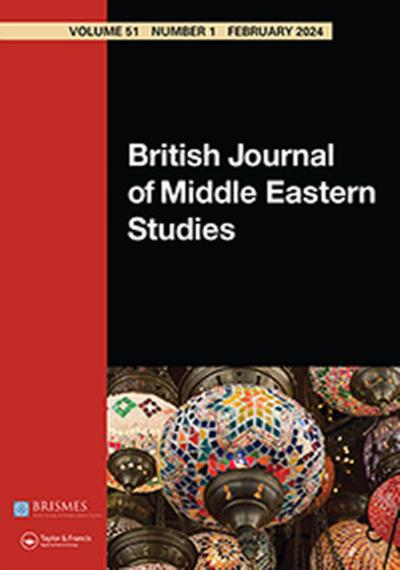Lessons Learned on Traditional Dispute Resolution in Afghanistan
In many communities across Afghanistan, the formal justice system has proven weak, corrupt, and ineffective. The vast majority of disputes are resolved outside of the formal state system, often by tribal elders, shuras, or other traditional community forums. Where such informal mechanisms are functioning well, they may help prevent and mitigate conflicts by offering means of peaceful dispute resolution, and reduce opportunities for armed opposition groups (including but not limited to the Taliban) to exploit local disputes or grievances against the government. However, these "informal justice" mechanisms also have their weaknesses. The lack of universal or institutionalized processes, along with the variability in traditional actors’ relative influence and enforcement power means that resolution of disputes may not be sustainable. Decisions may not be based on Afghan law, or may reinforce community inequities or power imbalances. In some cases, informal justice mechanisms have resulted in severe rights violations, particularly against vulnerable or marginalized groups including women, children, and minorities.
http://www.usip.org/publications/lessons-learned-traditional-dispute-resolution-in-afghanistan





